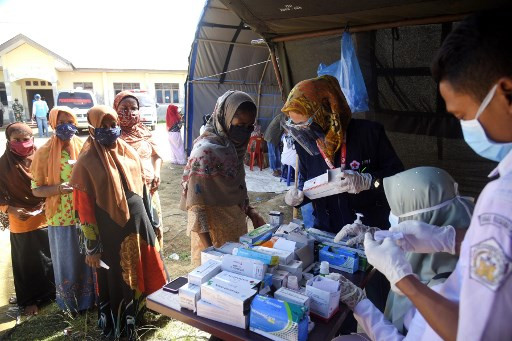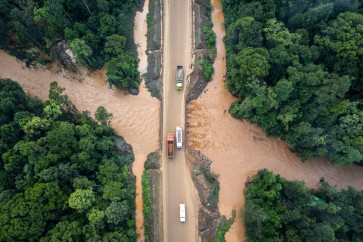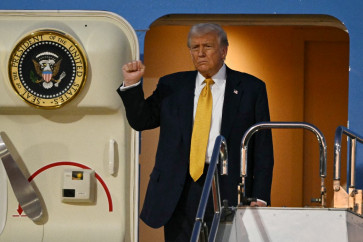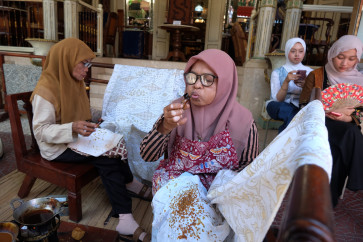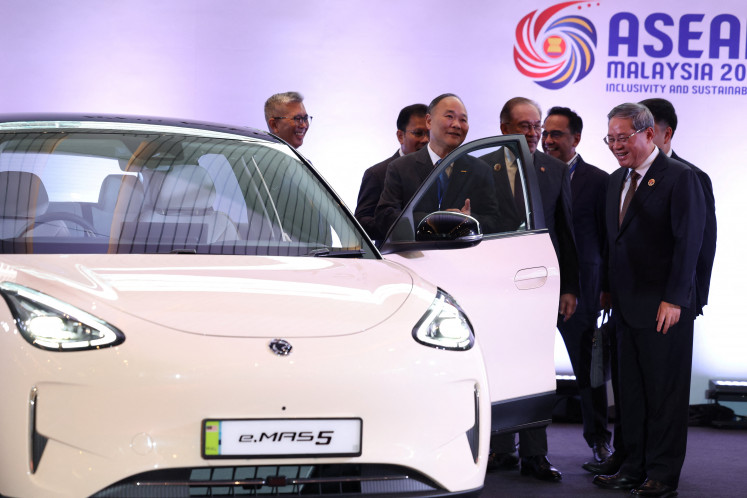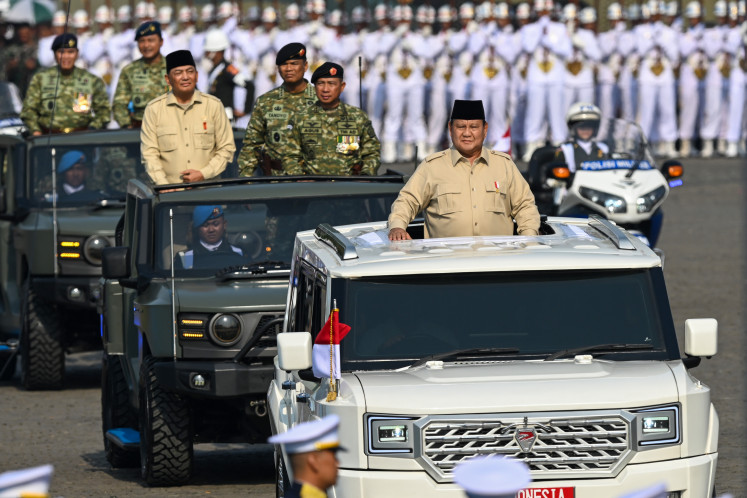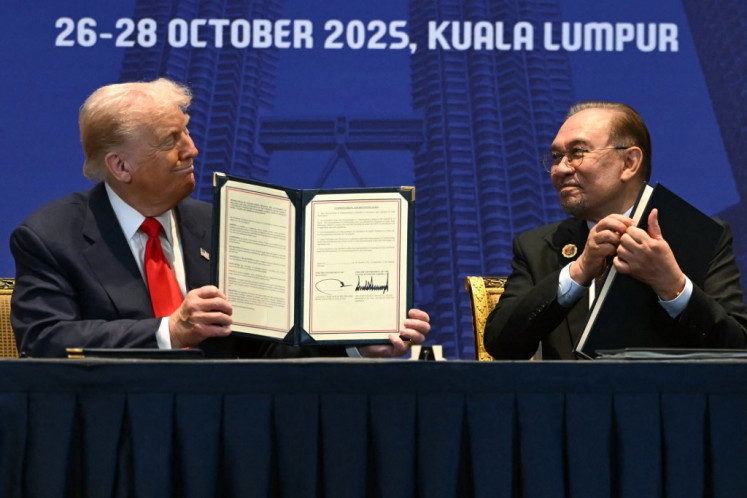Popular Reads
Top Results
Can't find what you're looking for?
View all search resultsPopular Reads
Top Results
Can't find what you're looking for?
View all search resultsRI renews calls for safe repatriation of Rohingya
The repeated calls from Indonesia came as Myanmar softened its stance on repatriation after sitting down with China and Bangladesh in a meeting earlier this week.
Change text size
Gift Premium Articles
to Anyone
I
ndonesia has again urged Myanmar to ensure the safe return of hundreds of thousands of Rohingya refugees as ASEAN moves sluggishly to ensure the safety of the minority group.
Foreign Minister Retno LP Marsudi said recently that ASEAN Secretary-General Lim Jock Hoi had reported at an ASEAN foreign ministers’ retreat on Thursday that two of the four priority projects under the bloc’s 2019 preliminary needs assessment had been implemented and that the other two were still under discussion. She did not provide details on the projects, which aim to help Myanmar prepare for the repatriation.
An ad hoc support team made up of members of the ASEAN Secretariat and the Myanmar government are pursuing additional project proposals, which include plans for road infrastructure, health, education and livestock.
Indonesia has requested that the ASEAN Secretariat and Myanmar begin working on a comprehensive needs assessment, the next stage of engagement, which will cover measures to begin the repatriation process.
“Indonesia also hopes that the Myanmar government can quickly create conducive conditions in Rakhine, so that voluntary, safe and dignified repatriation can be carried out quickly,” Retno said during a recent press briefing.
The repeated calls from Indonesia came as Myanmar softened its stance on repatriation after sitting down with China and Bangladesh in a meeting earlier this week. Chinese Vice Foreign Minister Luo Zhaohui attended the meeting virtually from Beijing, with delegations from Bangladesh and Myanmar, The Daily Star reported.
Bangladesh, which has borne the brunt of the massive exodus of 730,000 Rohingya from Myanmar’s Rakhine state following a military crackdown in 2017, has insisted that Myanmar begin accepting Rohingya back into its territory in the coming months. In Bangladesh, most Rohingya refugees live in one of 34 refugee camps in and around Cox’s Bazar.
Bangladeshi Foreign Secretary Masud bin Momen said he had proposed that the repatriation start in the first quarter of this year, but because logistical arrangements would take more time, Bangladesh and Myanmar eventually agreed to begin the process in the second quarter.
Malaysian Foreign Minister Hishammuddin Hussein expressed his appreciation for and support of what he said was China’s effective mediation in the tripartite process, as well as the offer to provide COVID-19 vaccinations for the Rohingya people in Bangladesh who would be included in the first wave of repatriation.
He was quoted by Malaysian news agency Bernama as saying that this “positive, much-awaited development would certainly alleviate the situation”, both in Rakhine and Bangladesh, and would provide the refugees an opportunity to return.
In the ASEAN chairman’s statement from Thursday's meeting, Brunei Darussalam Foreign Minister Erywan Yusof said the ministers of Southeast Asian nations were ready to play “a more visible and enhanced role to support Myanmar”.
Indonesia and Malaysia, among other members of ASEAN, have been affected by the years-long Rohingya refugee crisis, as waves of Rohingya people risk perilous sea journeys in an attempt to reach nearby countries in the hope of a better life.
In 2020, nearly 400 Rohingya people landed on Indonesian shores. Many were rescued by local fishermen after spending months on cramped boats adrift at sea.
Indonesia previously expressed hope that after Myanmar concluded its elections in 2020, its government could begin resolving root causes of the refugee crisis and creating conditions in Rakhine conducive to the refugees’ return from Bangladesh.
Myanmar's National League for Democracy, led by Aung San Suu Kyi, won the election, but the party has not addressed the root of the conflict in Rakhine, with ethnic Rohingya still denied citizenship.
Indonesian Institute of Sciences (LIPI) researcher Lidya Christin Sinaga believed the position of the Myanmar government on the Rakhine conflict had remained unchanged after the election. “The victory of the NLD might represent the aspirations of the Myanmar people to end the military regime in Myanmar, but in the case of the Rohingya, there are not many differences that we can see so far.”
She said China's brokered deal was more progressive than any ASEAN mechanisms in the last few years because Myanmar was dependent on China economically.
United States President Joe Biden’s nominee for secretary of state, Antony Blinken, reportedly said recently that if confirmed he would launch a review to determine whether Myanmar’s persecution of the Rohingya minority amounted to genocide.
Lidya said ASEAN officials should read such signals as indicators that the US was coming back to the region and that the bloc should invite the US to play a bigger role in the existing mechanisms addressing the conflict.
“The Southeast Asian region already has to deal with the US-China rivalry, and it would be difficult for the US to match China’s economic influence, but in terms of democracy and human rights, the US can still play a big role.”
Your Opinion Matters
Share your experiences, suggestions, and any issues you've encountered on The Jakarta Post. We're here to listen.
Thank you
Thank you for sharing your thoughts. We appreciate your feedback.

